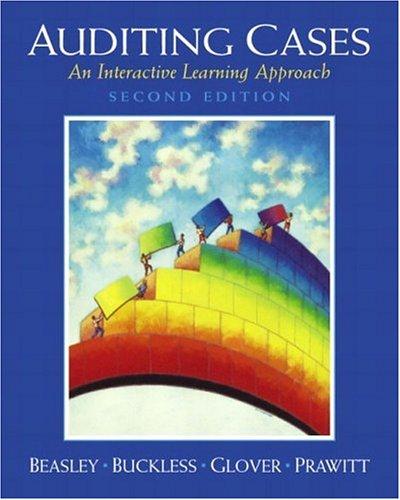Question
Investors are becoming more and more interested in currency trading. An increasing number of stock traders are taking their chances in FX market since many
Investors are becoming more and more interested in currency trading. An increasing number of stock traders are taking their chances in FX market since many of the factors that influence the stock market also move the FX market. A significant portion of the total currency trading volume is confined to only 18 currency pairs compared to the thousands of stocks available in the stock markets worldwide. One should not presume that currency trading is straightforward; however, having far fewer trading options makes trade and portfolio management an easier task.
Although there are other traded pairs outside of the 18, the eight currencies most often traded are the U.S. dollar (USD), Canadian dollar (CAD), euro (EUR), British pound (GBP), Swiss franc (CHF), New Zealand dollar (NZD), Australian dollar (AUD), and the Japanese yen (JPY). The following currencies are also considered important: the Singapore Dollar (SGD), Turkish Lira (TRY), Indian Rupee (INR), Brazilian Real (BRL), and the Swedish Krona (SEK).
Portfolio formation rules Assume that you are a US-based currency trader. You have a purse worth 10 million USD. So, the initial value of the portfolio is $10,000,000. Convert $10,000,000 into five different currencies at the current exchange rates. The currency quotes can be obtained from OANDA. Link: https://www1.oanda.com/currency/converter/ Your conversion rates need to be as accurate as possible. All currencies are needed to be priced out to the fourth decimal point. You can invest up to 40% of the total in any one currency. The portfolio will be held for 30 days, i.e., the length of the holding period is 30 days. You can make up to 10 changes to your portfolio during the holding period.
You will convert the currencies back into the USD at the end of the investment window at prevailing exchange rates. The holding period return can be calculated using this simple formula:
Here, $10,000,000 is the value of the portfolio at the beginning of the holding period.
Step by Step Solution
There are 3 Steps involved in it
Step: 1

Get Instant Access to Expert-Tailored Solutions
See step-by-step solutions with expert insights and AI powered tools for academic success
Step: 2

Step: 3

Ace Your Homework with AI
Get the answers you need in no time with our AI-driven, step-by-step assistance
Get Started


